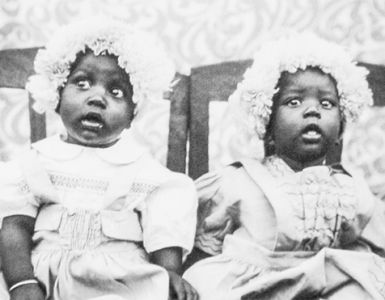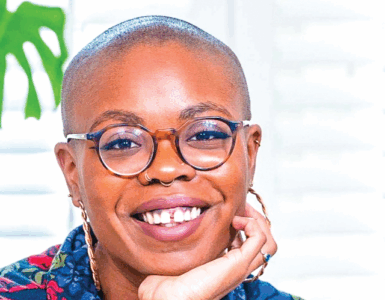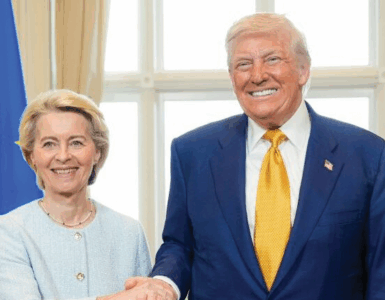CANVAS: Ernest Cole’s book brims with images revealing systemic racism and US bias against black refugees from apartheid South Africa..
By Jacob Mawela
Ernest Cole – one of the anti-apartheid photographers of our times – in the 1960s fled the evil oppressive South Africa, taking a difficult decision to choose a life of exile, with the hope of achieving better life of justice and respect of human life.
A badge of honour, he thought, would accrue to him, earning him struggle stripes, by using lens of his camera to reveal the injustices of his Motherland, earned him respect. Yet, as it turned out, living one’s country has its own difficulties, as journalist par excellence Nat Nakasa would learn during the same period, but unrelated to each other.
Nakasa, in the 1960s, left the apartheid-filled shores on a one-way or exit passport, as way of escaping the barbs of the cruel apartheid system.
No one, to this day, knows what swirled in his mind that he could consider death as an option as a way of escaping a difficult political life of injustice in his country of birth – jumping to his death from his New York apartment.
Cole, whose real name was Kole, but, as many of his contemporaries would do at different times to escape the hardships of being an African in apartheid South Africa, he removed a letter “K” on his name, replacing it with “C” causing it to take a different form of “Cole” – and therefore passing off as a “Coloured”.
The so-called “Coloured” community within the apartheid South African context system of the 1940s through the 1970s, even 1980s, were regarded as “second-class citizens” while Africans had to grudgingly settle for a third-class citizenship status, burdened with having to carry the much-hated “passbook”, which Cole sought to escape when he abandoned his “true self” identity.
The irony wasn’t lost on Cole regarding the America he sought to take refuge in.
Apart from the ignominy of not being granted the US citizenship despite the lengthy residence status he enjoyed in the land of “stars and stripes”, he would discover that his feigned “Coloured” status would not save him from being treated like a scum by white racists in the land he sought to make home.
James Baker, the first African-American diplomat assigned to South Africa in the 1970s, claimed Cole “alienated himself from African South African refugees by insisting he was Coloured and not African” when he first arrived in New York.
The book, a good read, going by the name of The True America, is reflective of the joy the starry-eyed and naïve 26-year-old photographer, Cole, harboured in his mind – a new land with great promise beckoning – fleeing from apartheid South Africa on May 9, 1966, never again to return.
The details of these episodes are inscribed in John le Carré-esque book, The Photographer Who Came in from the Cold.
Cole – one of the greatest of the anti-apartheid photographers – as he exiled himself from South Africa – virtually became stateless, the status he would inherit until his death.
The apartheid regime annulled his passport – rendering him to live as a stateless citizen for the next 24 years in exile in the US and Europe until his death in 1990. The saving grace to help preserve his name is attributed to Joseph Lelyveld, the New York Times journalist who smuggled some of his prints and films out of the country.
Argus Tresidder, the then US Information Services Cultural Affairs Officer in Johannesburg, concealed some of Cole’s negatives, which he would later smuggle to the US embassy in Nairobi.
By 1963, when he was briefly employed by Ruth First – the anti-apartheid activist and editor of the communist newspaper, New Age in SA – Cole had become a “person of interest” to the apartheid security police, who kept him under surveillance. Cole died from pancreatic cancer at the age of 49.
About 60 000 monographs which have been missing for more than 40 years were found inside a safe at the Skandinaviska Enskilda Banken, Stockholm, Sweden, which were handed over to Leslie Matlaisane of the Ernest Cole Family Trust in 2017.
The True America is the first publication of photographs taken by Cole in the US during the late 1960s and early 1970s.
The book is written by Raoul Peck, the Haitian filmmaker who produced Ernest Cole: Lost and Found – the 2024 documentary film on Cole which won the L’Oeil d’or prize for documentaries at the Cannes Film Festival, France, as well as the Best Documentary award at the 2025 Joburg Film Festival.
• A hardback, The True America is published by Aperture and distributed in South Africa by Jonathan Ball Publishers. It is available at leading bookstores countrywide. It retails for R1 600































